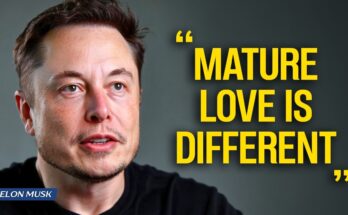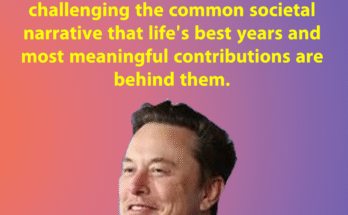I Thought He Wanted the Best for Her—Then I Discovered His Hidden Motive
When my husband first suggested homeschooling our daughter, I saw it as a gesture of love. He spoke of personalized learning, emotional safety, and the freedom to nurture her creativity. I admired his conviction. He made it sound noble—like he was protecting her from a world that moved too fast and judged too harshly.
I didn’t question it. Not at first.
He took charge of the curriculum, the schedule, even the social activities. I supported him, grateful for his involvement. But slowly, things began to shift. Our daughter’s world grew smaller. Friends faded. Playdates were canceled. Her questions—once endless and curious—became hesitant. She started looking to him before answering anything, even me.

I brushed it off as adjustment. Homeschooling was new. Maybe she just needed time.
But then I noticed how he corrected her—not just academically, but emotionally. If she cried, he called it weakness. If she disagreed, he called it disrespect. He wasn’t teaching her to think—he was teaching her to obey.
One afternoon, I overheard a conversation between them. She asked why she couldn’t go back to dance class. His answer chilled me.
“Because I don’t want you around people who fill your head with nonsense.”
That was the moment something cracked.
I started digging—not into his files, but into his patterns. I revisited old conversations, replayed moments I’d dismissed. I realized he wasn’t afraid of the world hurting her. He was afraid of the world influencing her. He didn’t want her to be free—he wanted her to be his mirror.

The homeschooling wasn’t about education. It was about control.
I confronted him. He denied it, of course. Said I was overreacting. That I didn’t understand his “vision.” But I saw it clearly now. His motive wasn’t rooted in love—it was rooted in fear. Fear of losing influence. Fear of her becoming someone he couldn’t shape.
I made the decision to step in. We enrolled her in a local school with a nurturing environment. The transition was hard. He resisted. But I stood firm.
And slowly, she began to bloom again.
She laughed louder. Asked bolder questions. Made friends who challenged her. She started becoming herself—not a version curated by someone else.
Looking back, I realize how easy it is to mistake control for care—especially when it’s wrapped in good intentions. But love doesn’t shrink someone’s world. It expands it.
He said he wanted the best for her. But what he really wanted was to be the only voice she heard.
Now, she’s learning to listen to herself.



